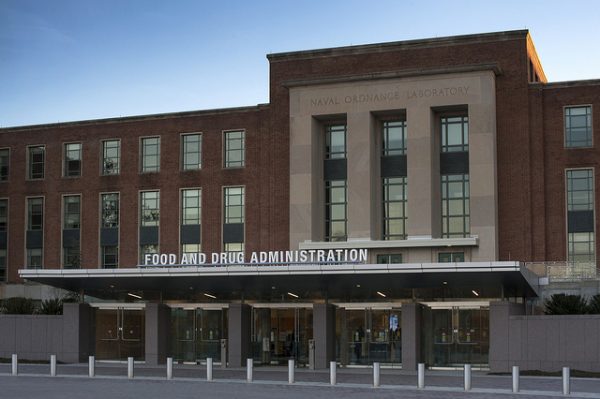
Novartis has encountered another regulatory hiccup with its gene therapy.
The Basel, Switzerland-based drugmaker said Wednesday that the Food and Drug Administration had placed a partial hold on trials for AVXS-101 administered via the thecal sac of the spine, also known as intrathecal administration, in particular the 51-patient Phase I STRONG trial.

With the Rise of AI, What IP Disputes in Healthcare Are Likely to Emerge?
Munck Wilson Mandala Partner Greg Howison shared his perspective on some of the legal ramifications around AI, IP, connected devices and the data they generate, in response to emailed questions.
The hold was because of adverse side events that might be expected due to findings from a preclinical animal study. Intravenously administered AVXS-101 – which is marketed as Zolgensma (onasemnogene abeparvovec-xioi) and received FDA approval in May for spinal muscular atrophy in infants – is not affected, the company said.
Shares of Novartis were down 1.4-1.5 percent on the New York Stock Exchange and the SIX Swiss Exchange following the news.
The partial hold means that the trial – which is being run by AveXis, the gene therapy subsidiary that Novartis acquired last year for $8.7 billion – will pause enrollment of new patients into the high-dose cohort, an AveXis spokesperson noted in a phone interview. The spokesperson added that the preclinical in question are unrelated to those involved in a scandal that erupted in August, when the FDA revealed that certain preclinical data from an assay formerly used to test Zolgensma had been manipulated.
The FDA issued a rare public rebuke of the company in early August over the data manipulation issue, alleging that the company knew about it but did not inform the agency until after Zolgensma’s approval. The manipulation centered on an assay no longer used that did not affect the marketed product itself. Nevertheless, the company faced grilling by investment bank analysts as the FDA looked into the delay between the company’s discovery of the issue and its decision to go to the agency. In the wake of the rebuke, Novartis fired two AveXis executives that it alleged had been responsible – brothers Brian and Allan Kaspar – later calling them out in a response to the FDA’s complaint, albeit not by name. Brian Kaspar has denied wrongdoing through his attorney, while Allan Kaspar could not be reached for comment.
Photo: FDA, Flickr (free of copyright protection)















